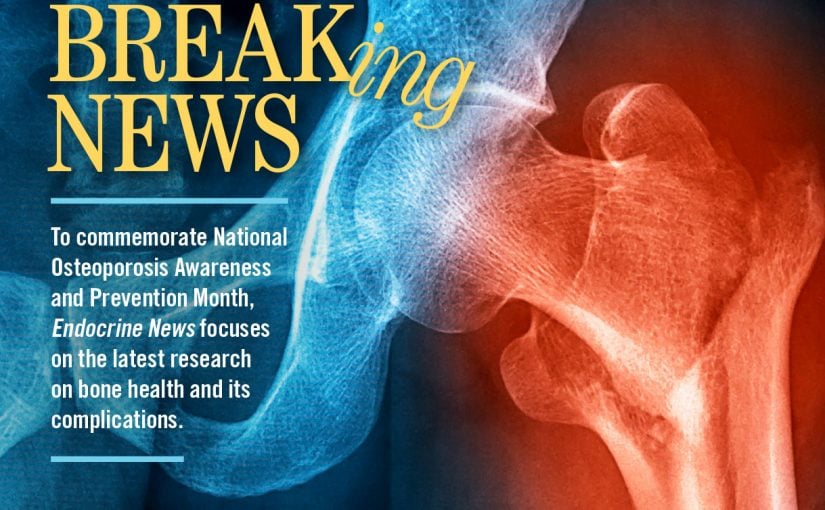Drinks with sucrose compared to glucose may cause young adults to produce lower levels of appetite-regulating hormones, according to a new study published in The Journal of Clinical Endocrinology & Metabolism.
Too much sugar consumption is a contributing factor for obesity. Sucrose, or “table sugar,” is composed of equal parts glucose and fructose and is often added to processed foods like soda, candy, cereal and canned foods. Glucose can be found in foods like honey and dried fruits.
“This study is the first to show how individual characteristics, including body weight, sex and insulin sensitivity, affect hormone responses to two different types of sugar, sucrose and glucose. These findings highlight the need to consider how individual characteristics affect the body’s responses to different types of sugar and other nutrients in our food supply.” – Kathleen Page, MD, of the USC Keck School of Medicine in Los Angeles, Calif.
“Our study found that when young adults consumed drinks containing sucrose, they produced lower levels of appetite-regulating hormones than when they consumed drinks containing glucose (the main type of sugar that circulates in the bloodstream),” says study author Kathleen Page, MD, of the USC Keck School of Medicine in Los Angeles, Calif. “This study is the first to show how individual characteristics, including body weight, sex ,and insulin sensitivity, affect hormone responses to two different types of sugar, sucrose and glucose. These findings highlight the need to consider how individual characteristics affect the body’s responses to different types of sugar and other nutrients in our food supply.”
The researchers studied 69 young adults between the ages of 18-35 years who participated in two study visits where they consumed drinks containing either sucrose or glucose. They found that when the young adults consumed drinks containing sucrose, they produced lower amounts of hormones that suppress hunger compared to when they consumed drinks containing an equal dose of glucose. They also found that individual characteristics, including body weight and sex, affected the hormone responses to the different sugars.
Other authors of the study include: Alexandra G. Yunker, Sabrina Jones, Brendan Angelo, Alexis DeFendis and Trevor A. Pickering of the USC Keck School of Medicine; Shan Luo, Hilary M. Dorton and Jasmin M. Alves of the USC Keck School of Medicine and the University of Southern California in Los Angeles, Calif.; and John R. Monterosso of the University of Southern California.
The manuscript received funding from the National Institute of Diabetes and Digestive and Kidney Diseases and the Southern California Clinical and Translational Science Institute.
The manuscript, “Appetite Regulating Hormones are Reduced After Oral Sucrose vs Glucose: Influence of Obesity, Insulin Resistance and Sex.” was published online, ahead of print.

